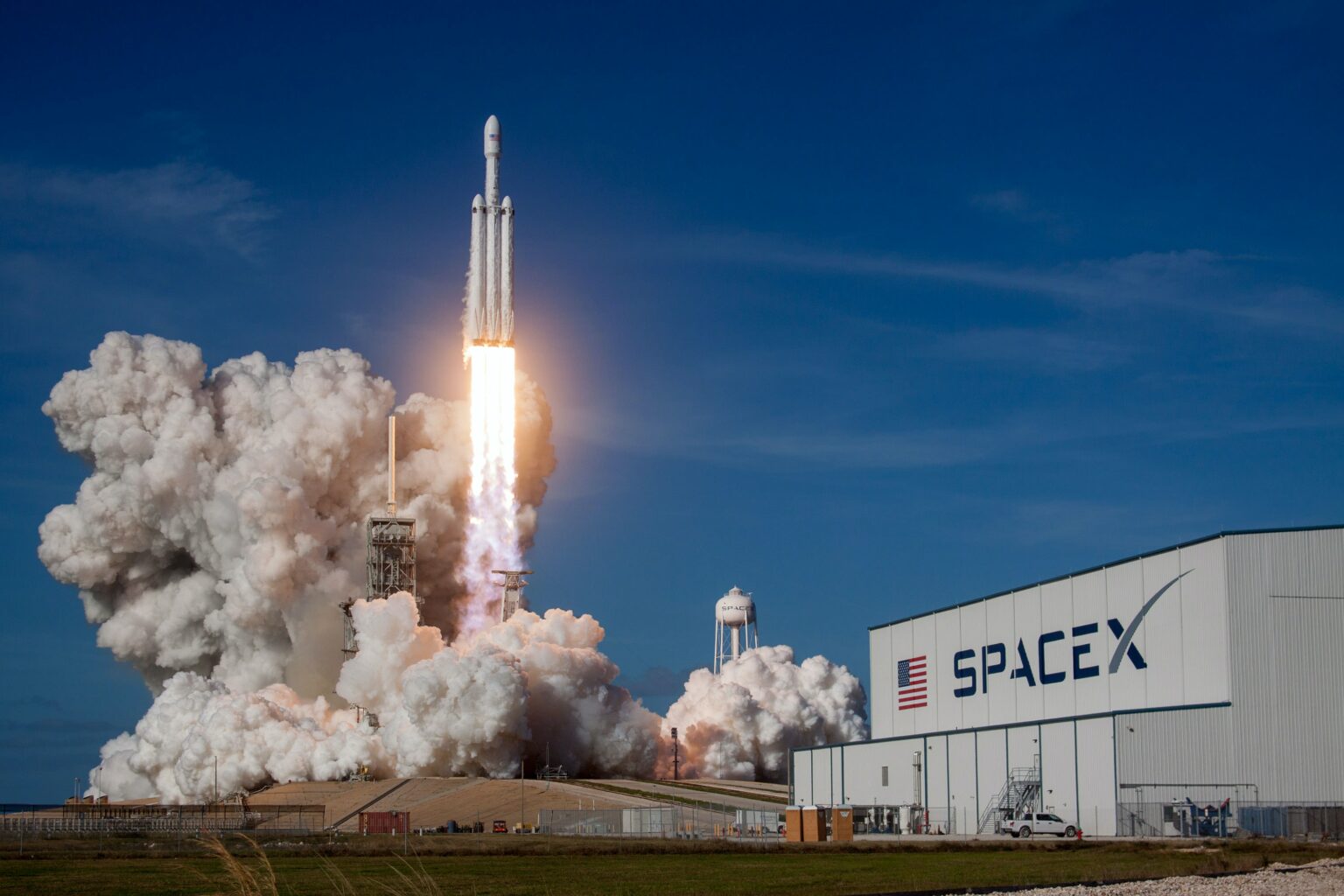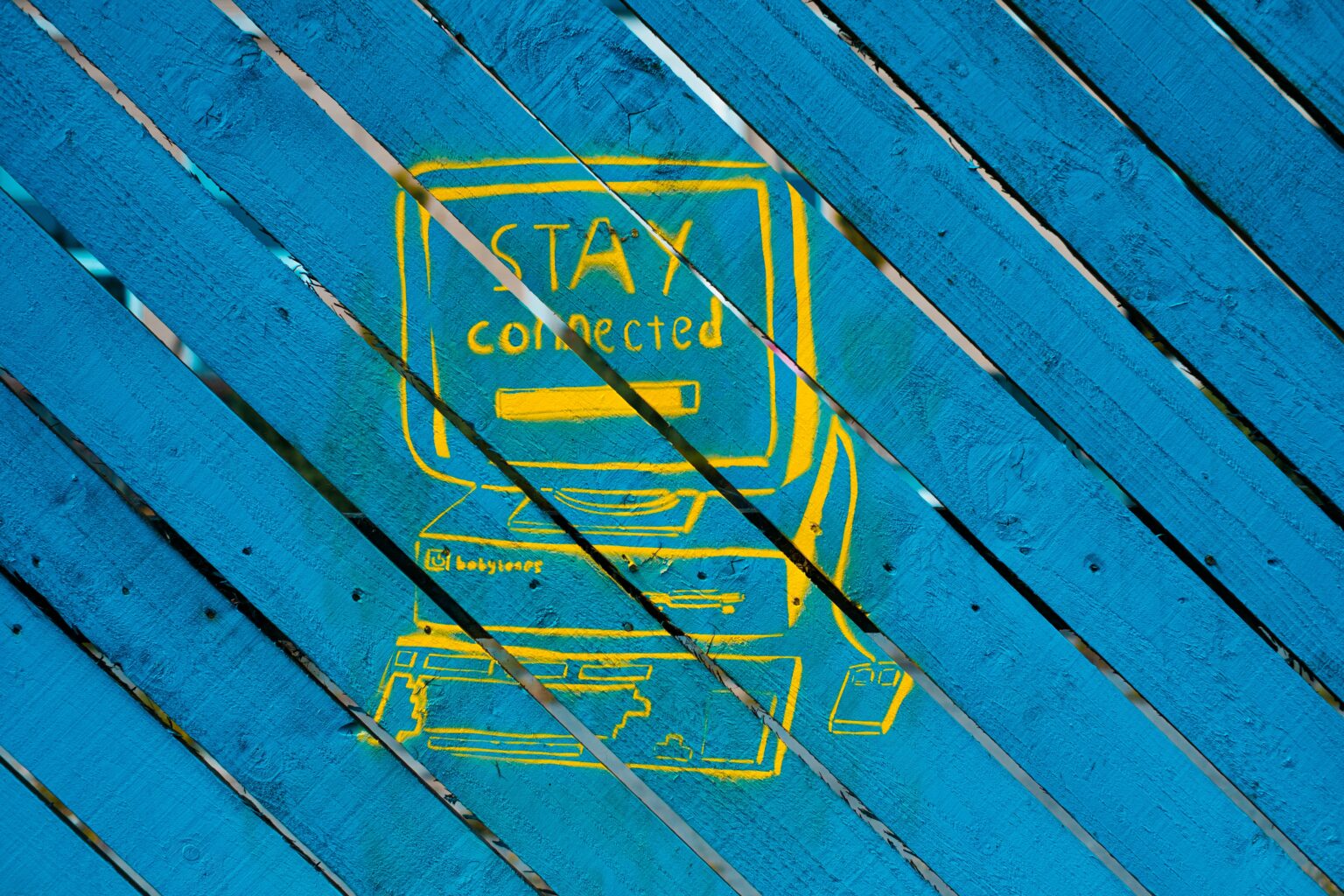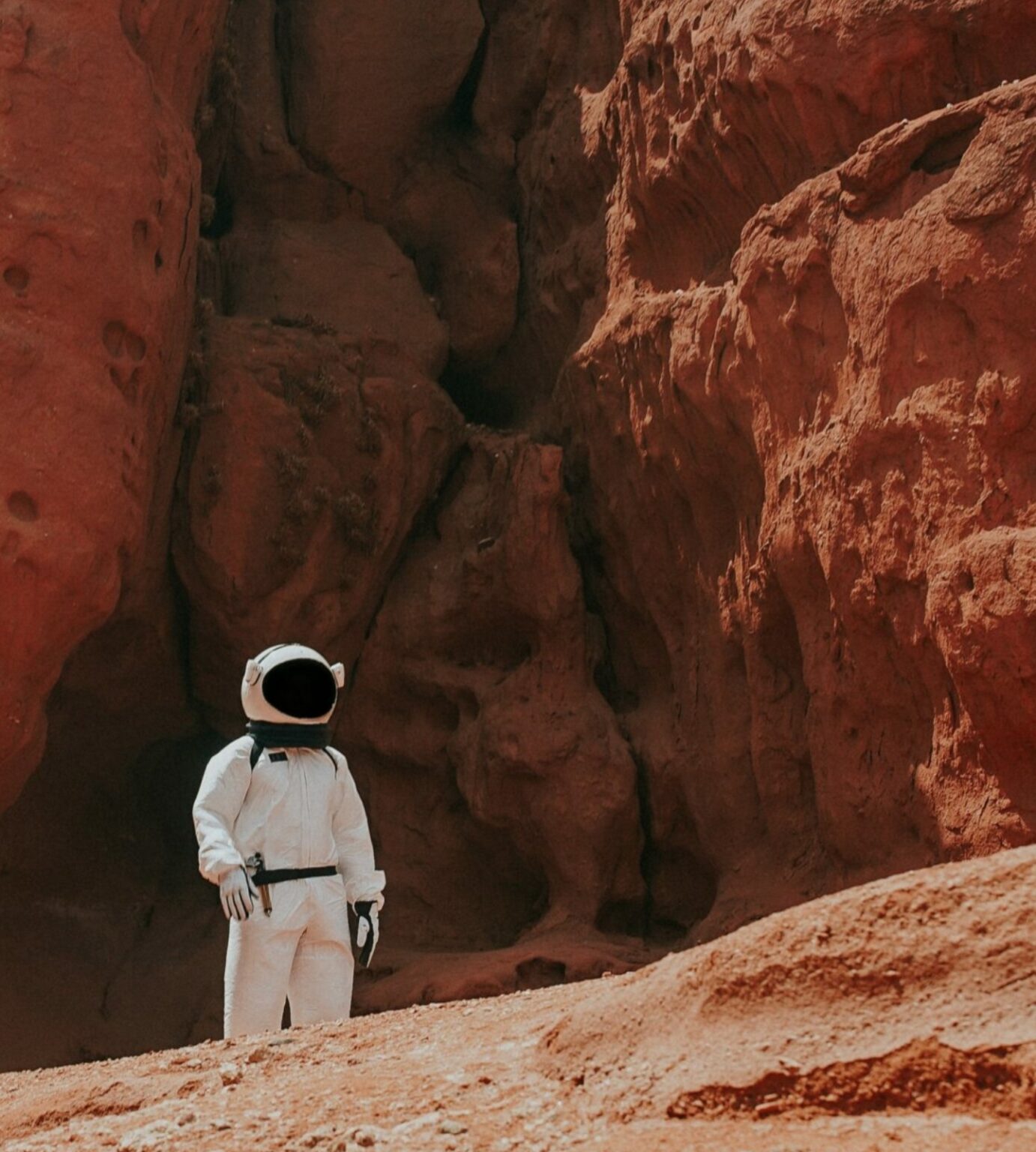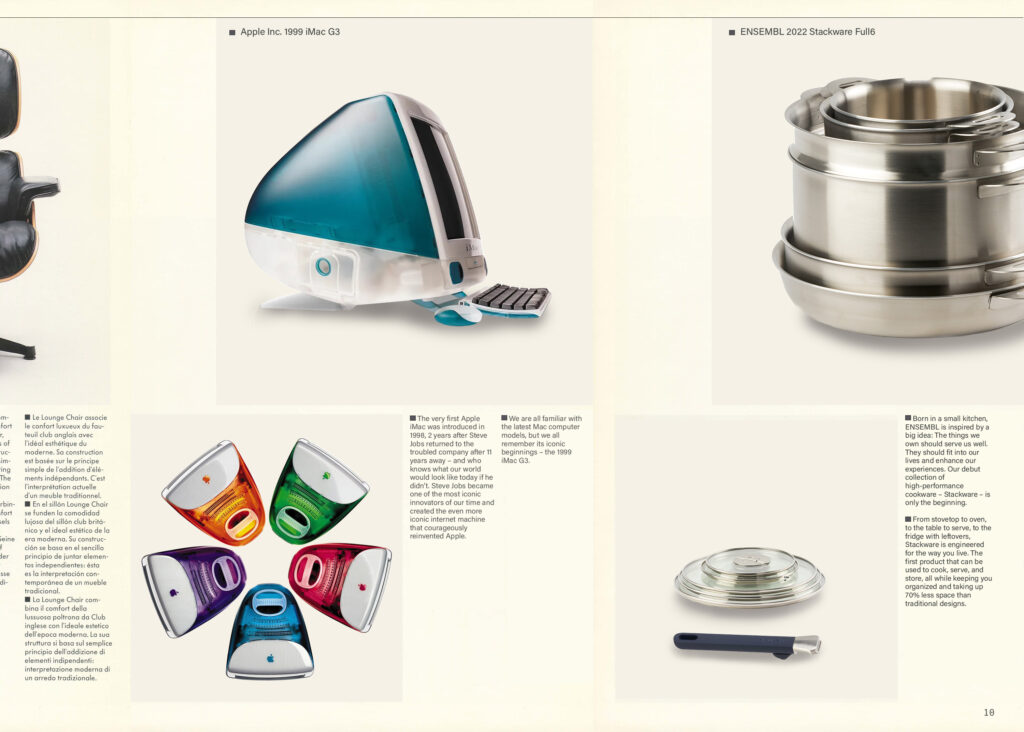Seeing Space Differently
In the same year SpaceX launched its first crewed mission, a new generation of graduates are going back to live in their childhood homes. Bedrooms are becoming classrooms, dining rooms are offices. It’s a year of examining how our spaces function for us, reconsidering them, and making space for what matters.

Words:
M Dolan
This year, on May 30, SpaceX launched its first crewed mission into outer space, advancing Elon Musk towards his dream of making humankind a multi-planetary species. That same day, college and high school graduates around the country were preparing to celebrate their own dreams, accomplishments, and the possibilities of unknown adventures ahead with ceremonies over Zoom—from their childhood bedrooms. As the pandemic plunges into a third wave, SpaceX launched their second crewed mission. Another small step towards life on Mars, another giant leap away from life as we knew it.
Is our society moving forward or are we moving back?


Musk isn’t the only billionaire space entrepreneur enjoying progress in the pandemic. Both Jeff Bezos’ Blue Origin and Richard Branson’s Virgin Galactic are closing in on space travel for private citizens. At least to those who can afford it. On Virgin Galactic, a ticket to the edge of the Earth’s atmosphere goes for $250,000. With space tourism starting in the six figures, Musk’s “million on Mars by 2050” is looking like a million millionaires. Just as they declared New York “over,” abandoning the city for socially distanced country houses, will Mars be the next exclusive destination for the rich to escape troubling times on Earth?
NASA is here for it. They’ve been pushing for privately funded space exploration since they retired the Space Shuttle in 2010 and had to start relying on Russia’s Soyuz craft to take people to the International Space Station. A successful mission from SpaceX’s Crew Dragon means NASA’s dreams are coming to fruition. Currently, their plan to host private citizens on the International Space Station is priced at $35,000 a night. Transport to and from Earth not included. They are even cashing in on influencer culture. Estee Lauder is paying NASA $128,000 to send their iconic Advanced Night Repair serum to space. The terms: a four and a half hour photoshoot captured by NASA astronauts. Apparently, astronauts are the new influencers. And just like influencers and the pandemic, space is coming to change our lives. Whether we like it or not.
But, on this side of reality, space still feels lightyears away. A generation on the verge of adulthood is moving back with their parents. Women are leaving the workforce at the fastest rate in decades to take care of and home school their children. Without jobs, countless families are being forced onto the streets. As a whole, humankind is at its furthest from the social progress space travel represents than ever before.
Except, maybe not.
Musk may be a billionaire, but it doesn’t mean his dream world will be for the betterment of the rich. Columbus, Pizarro, Cortez, and Jacques Cartier were all medieval entrepreneurs looking to make money, but most of the people who emigrated to the New World were not Old-World wealthy, but lower- and middle-classes who were discriminated against: the Irish, Italians, Protestants, Eastern Europeans, and others ready to make a better life. If life on Mars does become a reality, historical precedent says the rich will stay in their country houses, and it will be those looking for a fresh start who would risk the comforts of the familiar to try life in a new world. On Mars, the American Dream will have a new frontier. Musk does promise “a lot of jobs on Mars!”

Consider this year training. Initial life on Mars can’t be that different from life in the post-COVID-19, pre-vaccine era. We’re stuck inside, eating frozen/canned/packaged food, risking exposure to toxic air, and adapting to a new way of existing within space. Six-feet defines us. Excess is superfluous. Bedrooms are classrooms, dining rooms are offices. Dreams of white-picket fences and three-car garages are dissolving into remote work, stamped passports, and tricked-out vans. The next generation has very different ideas of home as a place and space: less is more, efficiency always wins, it can exist anywhere, and smart design makes it possible.
While it might not seem like the next logical step towards life on Mars, the pandemic has forcibly changed the way humans exist. And maybe, that’s exactly what we needed. Not only are we reimagining how to occupy space in a healthier way—commuting less, cooking more, exercising (period)—but our social and economic divides have further eroded, exposing and exacerbating the discrimination that has always existed. Now we have space to get it right.

With a fresh start on Mars, and without any existing life (that we know of) to steal from, humans will have a chance at the societal progress that space travel represents. To make actual progressive change to how we interact with each other and the spaces we take up—physically, emotionally, mentally. We weren’t prepared for the pandemic, but it did force an examination of our lives, giving humans the chance to make everything better for the future: Mars or something like it.
More Stories
-
 05.11.2023 | News
Celebrating with Rolls-Royce
05.11.2023 | News
Celebrating with Rolls-Royce
Bringing design, innovation, sustainability, performance, luxury, and craftsmanship together.
-
 01.11.2023 | News
Utility Patent Granted
01.11.2023 | News
Utility Patent Granted
The ENSEMBL: Stackware Removable Handle has received a utility patent.
-
 20.03.2023 | Perspective
100 Years of Iconic Designs
20.03.2023 | Perspective
100 Years of Iconic Designs
Icons bring together innovation, functionality, timelessness and captivating design. Celebrate 10 of the most iconic products created over the last century of design.
Free shipping on all North American orders.